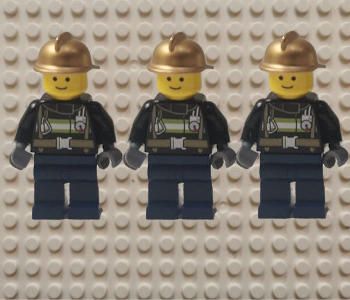-
kubernetes: Rollback a deployment update
2 min read

When performing rolling updates we can see it's history using kubectl rollout history:
$ kubectl rollout history deploy pet2cattle deployment.apps/pet2cattle REVISION CHANGE-CAUSE 100 <none> 101 <none> 102 <none> 103 <none> 104 <none> 105 <none> 106 <none> 107 <none> 109 kubectl scale deployment/pet2cattle --replicas=2 --record=true 110 kubectl scale deployment/pet2cattle --replicas=5 --record=true 111 kubectl scale deployment/pet2cattle --replicas=1 --record=trueIf have any problem with the update we can undo and update using kubectl rollout undo
25/05/2021
Read more... -
Keeping record of the change cause using the --record flag
3 min read

On Kubernetes, when we update objects such as a deployment or a daemonset we can check it's rollout history using kubectl rollout history:
$ kubectl rollout history deploy pet2cattle deployment.apps/pet2cattle REVISION CHANGE-CAUSE 21 <none> 22 <none> 23 <none> 24 <none> 26 <none> 28 <none> 29 <none> 30 <none> 32 <none> 33 <none> 34 <none>By default we won't be able to see a change cause, but we can fill this gap by setting the command that triggered the update adding the --record flag as follows:
$ kubectl scale deployment/pet2cattle --replicas 2 --record deployment.apps/pet2cattle scaled18/05/2021
Read more... -
Rolling updates on Kubernetes deployments
2 min read

There are several strategies available for updating a deployment on Kubernetes, by default it will trigger a rolling update: It will deploy the new version before tearing down the old one so there's no downtime associated to it.
Let's see how we can see this process by applying an update to a deployment:
$ kubectl apply -f deployment.yaml17/05/2021
Read more... -
Relationship between Deployment and ReplicaSet in kubernetes
3 min read

Although ReplicaSet's main purpose is to maintain a stable set of replica Pods, it's not a kubernetes object that is commonly created, at least not explicitly. But the replicas attribute on the Deployment object is actually related to this object
04/03/2021
Read more... -
Restart pods without taking the service down
2 min read

As of kubernetes 1.15, you can do a rolling restart of all pods for a deployment without taking the service down. To achieve this we'll have to use kubectl rollout restart.
Let's asume you have a deployment with two replicas:
$ kubectl get pods NAME READY STATUS RESTARTS AGE pet2cattle-5454555dbb-6jtnz 1/1 Running 0 131m pet2cattle-5454555dbb-czw42 1/1 Running 0 19s01/03/2021
Read more...